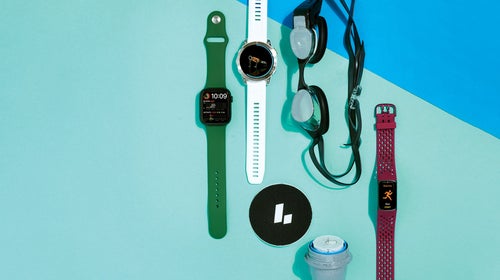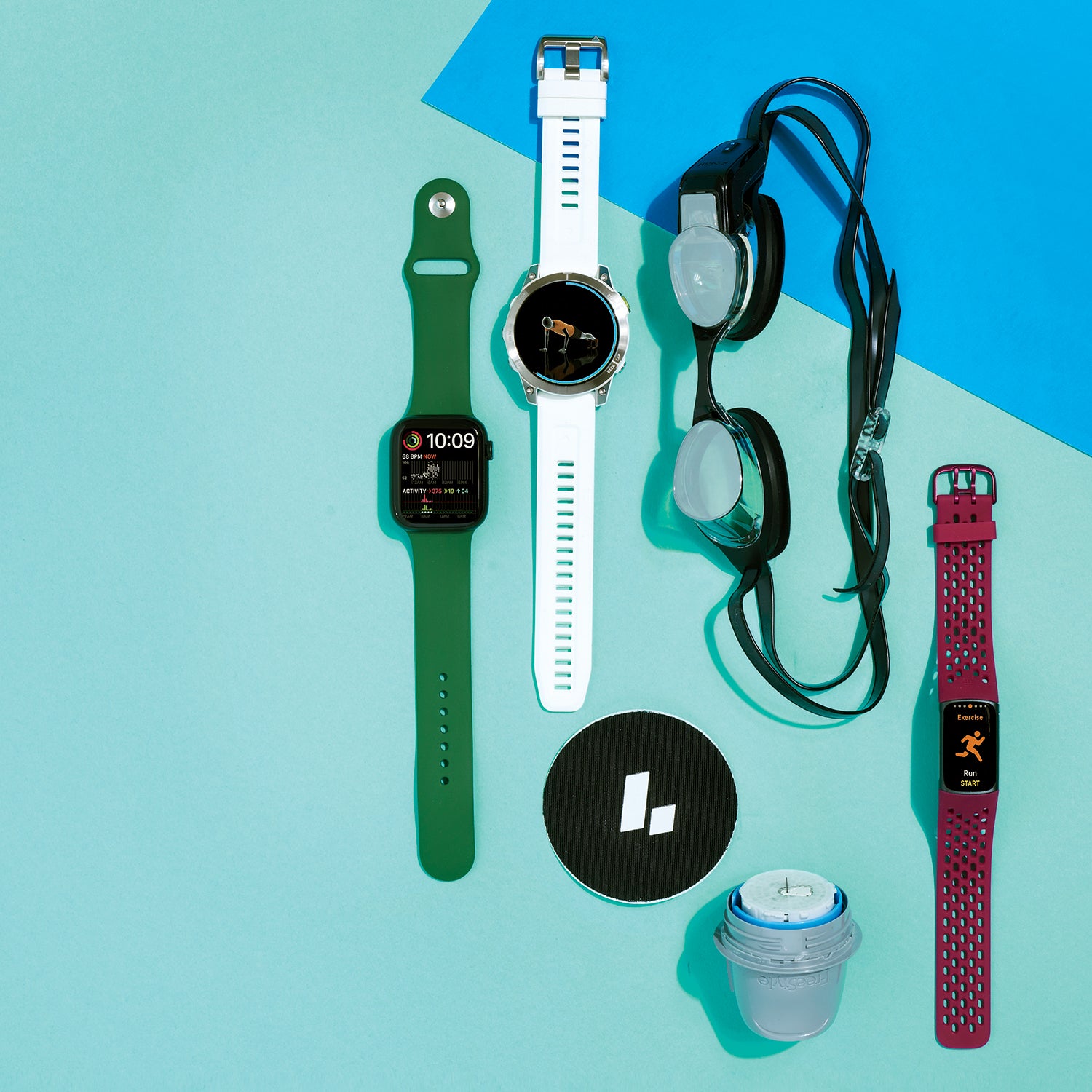As technology steadily marches forward, the best fitness trackers keep getting sleeker, faster, and more capable. This year is no exception: in the last 12 months, we’ve seen wearables take a bigger leap forward than we’ve seen in over a decade. Here’s the top of the line.
Apple Watch Series 7 ($399 and up)
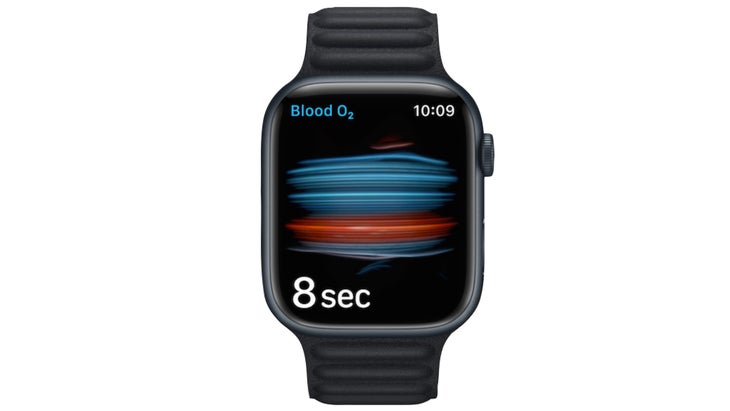
The Apple Watch has been the best smartwatch for years (as long as you use an iPhone), and the Series 7 makes a number of small but welcome improvements. The screen is thicker, and thus tougher, and it now takes up nearly the whole face of the watch, offering 20 percent more display space. It also charges 30 percent faster than the Series 6, and has a brighter screen.
Garmin Epix (Gen 2) ($899 and up)
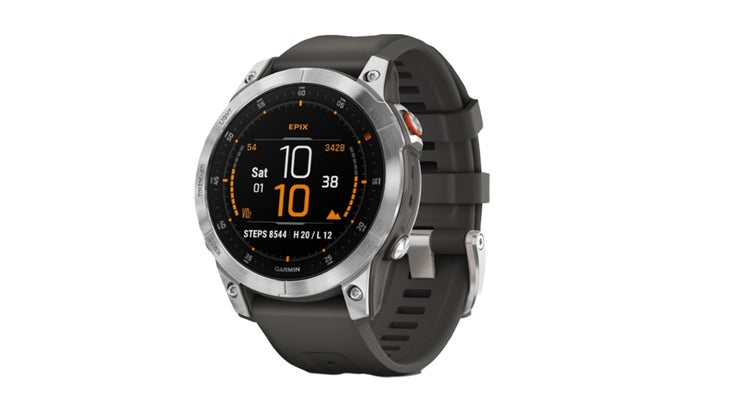
Garmin has one-upped itself with the Epix Gen 2. It packs in all of the features you find in the standard Fenix 7: tracking for everything from triathlon to snowboarding, detailed 24/7 health data, pulse oximetry, daily recovery scores, and stress-level monitoring. The big difference? A stunning AMOLED screen that makes using the onboard maps a real joy. Battery life maxes out at 16 days sans GPS and 42 hours with it (by comparison, the Fenix 7 lasts 18 days or 57 hours). But that’s a small trade-off for such stunning functionality and such a pleasing user interface.
Form Swim goggles (from $19 per month)
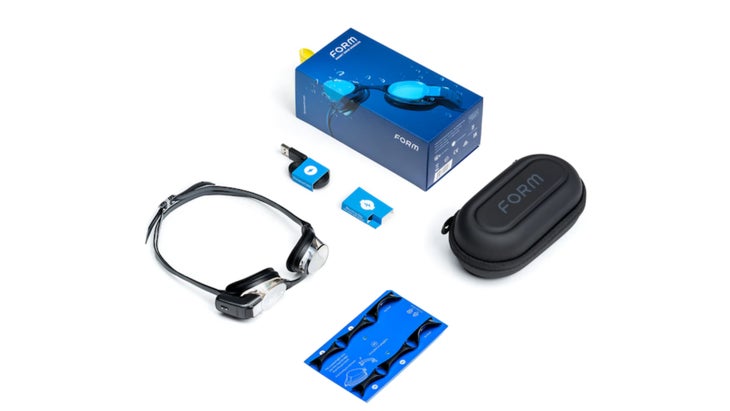
These smart swim goggles count your laps, pace, and even strokes per lap using a built in accelerometer and gyroscope. The info shows up in a big, bold font in the upper corner of one of your lenses (you can choose which). It’s easy to read, even when you’re pushing the pace. The goggles come with a subscription to guided workouts prescribed by elite professional coaches, including former Canadian Olympian Scott Dickens.
Fitbit Charge 5 ($180)
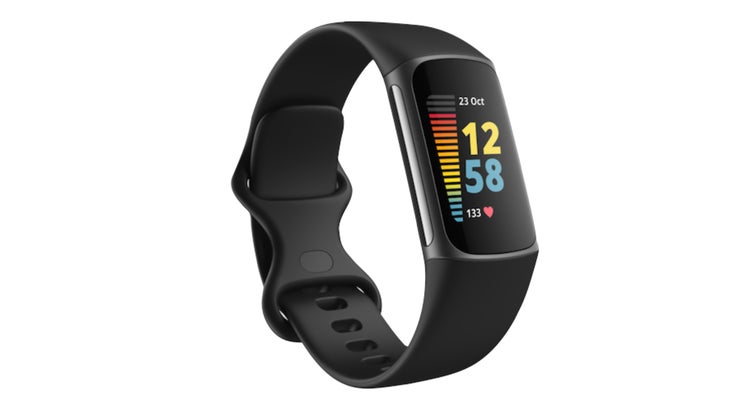
With a slim, 11-millimeter band (10 percent slimmer than last year’s model), the stainless-steel Fitbit Charge 5 is a great option for those who want a wearable that’s subtler than a watch. Other welcome updates: it has a full-color OLED touchscreen that’s twice as bright, and boasts an electrodermal activity sensor that monitors your stress levels via the electrical current produced by perspiration from key glands in your wrists.
Levels Health Glucose Monitor ($398)
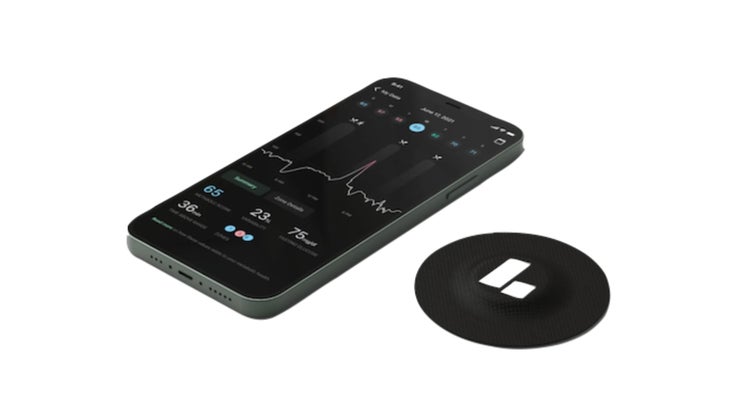
Continuous glucose monitors aren’t just for diabetics: this one is designed for athletes who want hard data on how their bodies respond to different forms of food and exercise. The quarter-size monitor sticks to your shoulder for two weeks at a time via a circular adhesive patch, with a tiny filament that painlessly pierces your skin. Every few minutes it samples a small amount of subdermal fluid to measure your glucose levels. The device then uses NFC radio to pair with an intuitive app, so you can chart the foods you eat and your body’s glucose response to them and learn about the spikes and crashes that can impact performance.
